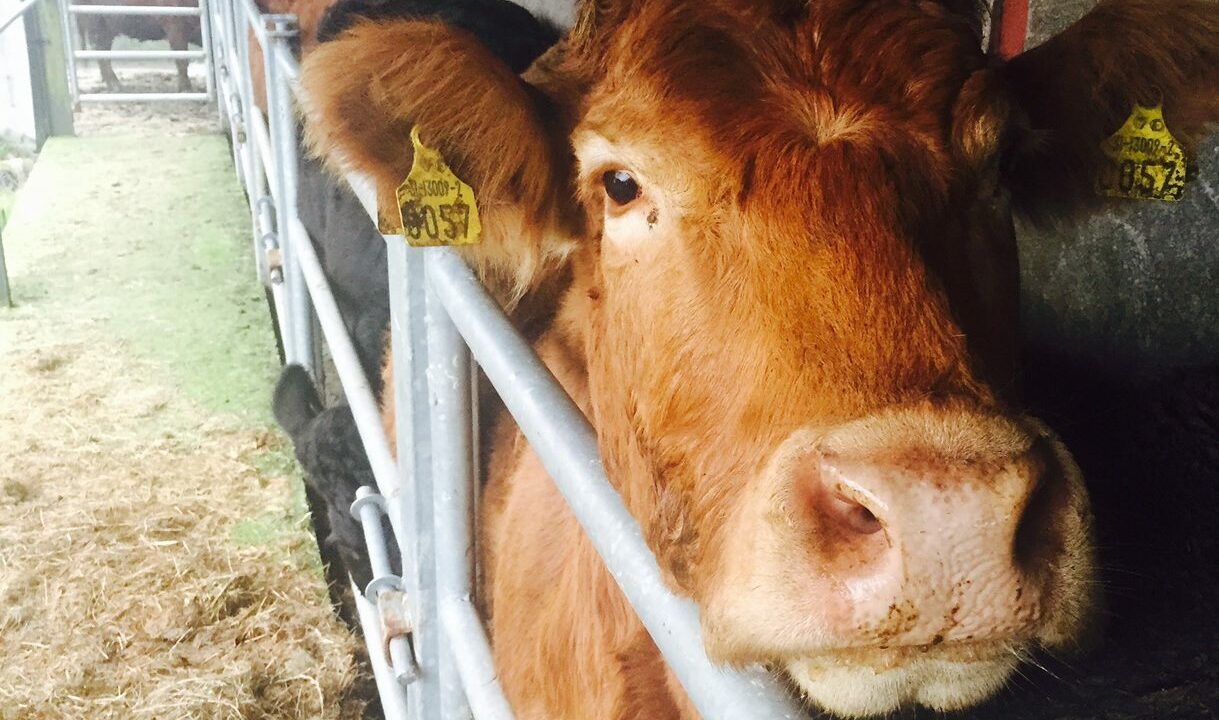The current TB Eradication Programme remains the single largest animal health cost for Irish farmers every year, amounting to a total of €55 million annually in compliance costs, according to the Irish Farmers’ Association (IFA).
The IFA is set to voice its views on the matter at a meeting of the Oireachtas Joint Committee on Agriculture, Food and the Marine later today, Tuesday, October 1.
A key message set to be voiced by the association is that farmers must be fully compensated for all costs and losses imposed on farms as part of the programme, and that the “disproportionate cost burden” imposed on farmers must be addressed.
According to the IFA’s submission on the matter to the committee – seen by AgriLand – the farm organisation notes that the current programme does not reflect the full costs of the programme to the farmer.
However, since 2012, farmers’ contributions have increased by some €4.513 million or 15% while both the national exchequer and the EU contributions have reduced by €289,000 and €1.337 million respectively.
Meanwhile, since then the level of compensation paid to farmers has increased by only €1.412 million, the IFA noted.
In addition, the association stresses that the given costings do not include the additional €20 million labour and associated costs contribution of Irish farmers.
By comparison, the IFA says “this contribution is credited to the farmer in the TB programmes implemented in Northern Ireland and Britain and is the only farmer contribution to these programmes”.
It was added that, in return for the additional €35 million contribution made by Irish farmers to the programme, not provided by UK counterparts, Irish farmers “receive in return approximately €3.5 million in supplementary schemes”.
This, the IFA claims, leaves a surplus of €31.5 million in farmer contributions, which it says “must be used to address” issues in the programme.
TB breakdown support schemes
The IFA noted the four current compensation/supports schemes in place under the current programme, consisting of the: Live Valuation Scheme; Income Supplement Scheme; Depopulation Grant Scheme; and Hardship Grant Scheme.
The organisation acknowledged the schemes as “fundamental components” of the eradication programme but claimed that all four have “significant shortcomings that must be addressed”.
Meanwhile, the Income Supplement Scheme (for farmers that lose over 10% of their herd in a breakdown) and the Depopulation Grant Scheme (where a herd is partially or entirely removed due to TB) “must be amended to better reflect the actual income loss experienced” by farmers, the IFA has asserted.
Based on analysis of Teagasc National Farm Survey information 2015-17, the IFA compiled a table showing the income loss on a monthly basis and what schemes provide.
Meanwhile, the Hardship Grant Scheme, which is payable over winter months to eligible farmers for maintenance of additional animals due to TB restrictions, provides for a payment of €38 per month per suckler cow and €25 per month per dairy cow or other bovine animal subject to a maximum payment of €250 per month, available for a maximum of four months.
The IFA says the scheme must be amended to reflect the full extent of costs incurred by farmers due to the forced maintenance of additional animals and available throughout the year and to all farmers restricted with extra animals.
Dairy herd calves
Finally, in terms of costs, it was highlighted that TB restrictions of dairy herds during calving time adds a “huge additional issue” as calves normally sold under six weeks must be maintained, increasing feed costs, housing and labour demands on such farms.
The IFA outlined that such farmers must be supported in dealing with the restriction through the provision of financial assistance to rear the calves or grant-aided removal of the calves form the farm under the Hardship Grant Scheme.

